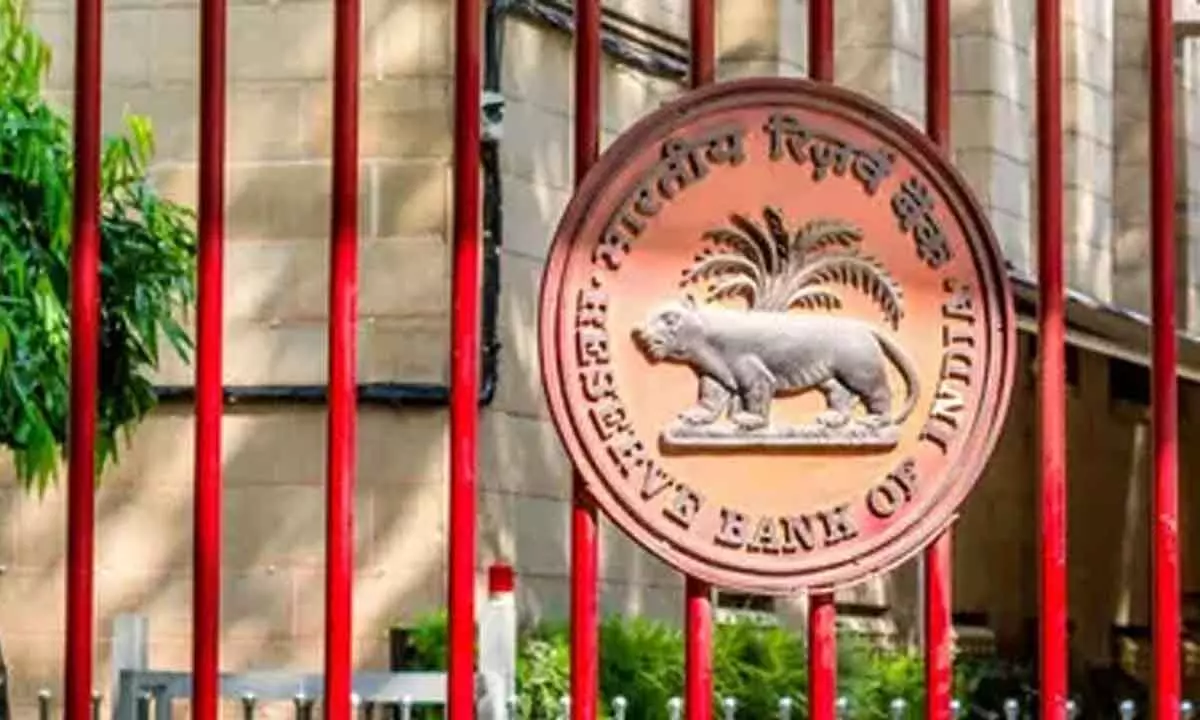RBI seeks to modify policy for UPI, IMPS, NEFT charges
There is no specific stance from RBI at this point. Hence, the overhang on merchant discount rate (MDR), a fee paid by merchants, to acquiring banks, would continue for a few more quarters.
image for illustrative purpose

There is no specific stance from RBI at this point. Hence, the overhang on merchant discount rate (MDR), a fee paid by merchants, to acquiring banks, would continue for a few more quarters. The RBI has sought feedback from stakeholders by October 3, on the possibility of imposing a 'tiered' charge on payments made through the Unified Payments Interface (UPI), based on different amount bands.
The RBI's discussion paper on charges in payment systems seeks to structure its policies and streamline the framework of charges for different payment services or activities, such as UPI, IMPS (Immediate Payment Service), NEFT (National Electronic Funds Transfer), RTGS (Real-Time Gross Settlement), and payment instruments including debit cards, credit cards, and prepaid payment instruments (PPIs). 'At this stage, it is reiterated that the RBI has neither taken any view nor has any specific opinion on the issues raised in this discussion paper,' the central bank said.
Credit card book is one of the most profitable products amongst all payment products offered by the issuer and hence, the risk of being regulated is always high. A credit card offers three key functions that include payment, interest free period to make the payment with an option to rollover into a loan and finally, reward points. The first two are well discussed in the paper but it is largely silent on reward points. The acquirers have a rationale to have a reward point program that is currently funded through the MDR. Reward points helps bring in transactors to choose credit cards over other payment ecosystems especially in places where the product pricing is no different across any payment form factor (same price for a debit/credit/UPI/NEFT, etc).
Again, this paper raises two key questions. Will card acquirers choose to build a business model where reward points are negligible and make the model vulnerable to other payment ecosystems? Will the shareholders in these companies have to bear some cost (adjusting for business efficiencies) which is similar to how UPI players have built their franchise?
We don't have, a Kotak analysis goes on, clear answers as a lot depends on the MDR regulation, individual players' response to it and most importantly, behaviour of the end customer who is still in the early stages of adoption of digital payment instruments.
The key question from this paper is whether we need to have a serious re-look at our investment thesis on SBI Cards and Payments. At this point, we don't believe so despite the uncertainties of a few quarters where we wait for the final guideline on MDR charges.
Analysts note that the digital payment adoption theme is strong given the low levels of penetration. The pace of adoption is being led by customer preference towards digital modes of payment and aided by merchants' willingness to accept them. Infrastructure providers are building the ecosystem (POS/QR/gateways) at a healthy pace to bolster adoption rates.

